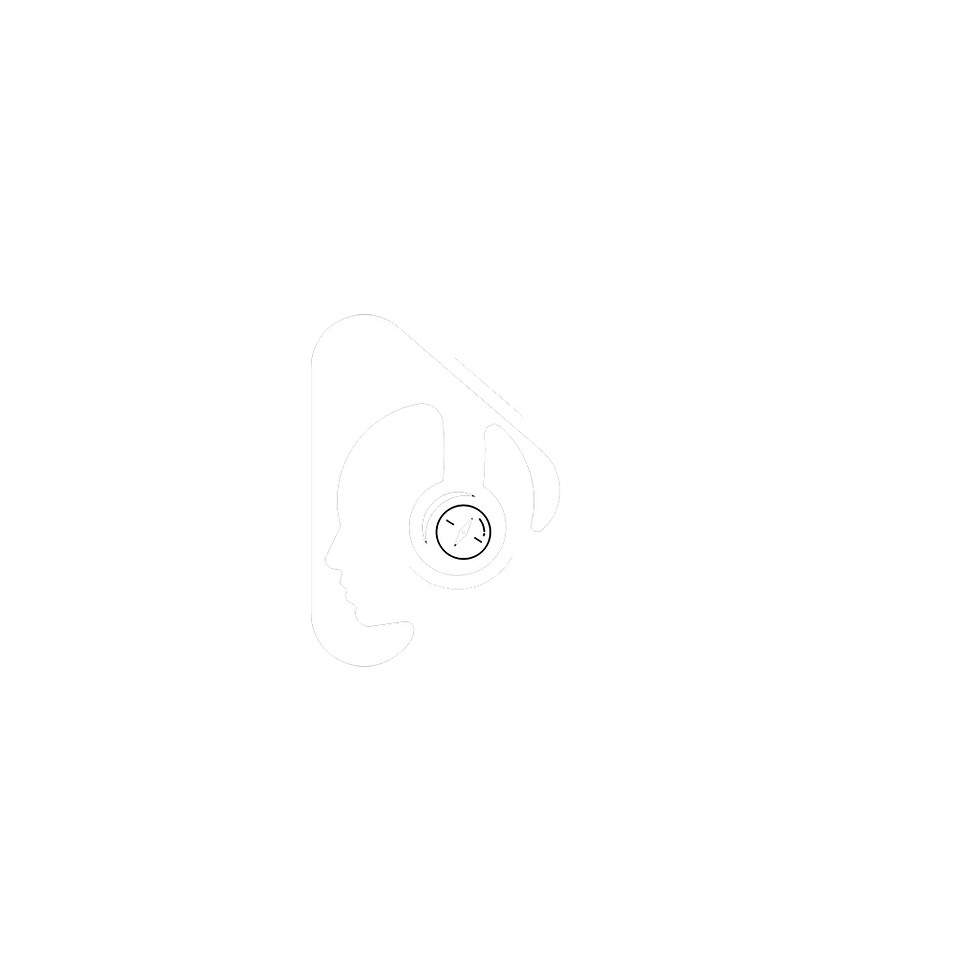With AI Remixing Everything, Can Anything Still Be Called Original?
- Discovery Community
- Nov 10, 2025
- 4 min read

The Death (and Rebirth) of Originality: How AI is Redefining Art, Copyright, and Creativity in 2025
In 2025, artificial intelligence is transforming what we call “original.” From digital artists to photographers, AI tools are reshaping creativity, raising deep questions about ownership, authenticity, and the meaning of artistic expression.
The End of the “Original Image”
Gone are the days when an original image meant something crafted purely by human imagination. Today, platforms like Midjourney, DALL·E, and Runway blur the line between imitation and innovation. AI systems can remix, reimagine, and regenerate almost anything challenging traditional ideas about creativity and originality.
From digital paintings to AI-enhanced photography, the art world now faces a paradigm shift: the “death” of the original image as we once knew it. But perhaps originality isn’t dead it’s simply evolving.
AI and the Art of Remixing Creativity
Artificial intelligence has become the ultimate remix artist. Platforms such as Adobe Firefly, Stable Diffusion, and OpenAI’s DALL·E learn from millions of artworks and photographs, combining styles, colors, and textures to produce something “new” but built on what already exists.
For many artists, this sparks a critical question: if AI draws from someone else’s creative work, can its output truly be called original?

A Harvard Gazette article, “Is art generated by artificial intelligence real art?”, explores this tension. It profiles a writer, animator, architect, musician, and mixed-media artist who agree that while AI can replicate style and technique, it lacks the lived experience and emotional depth that define human creativity.
For Nigerian creators, this debate is especially relevant. When AI can replicate aesthetics and cultural style, what remains of human originality and authenticity in African art?
Photography in the Age of AI
Photography, long considered a documentation of truth, has entered a new, uncertain phase. With tools like Photoshop’s “Generative Fill” and AI filters built into smartphones, even “real” photographs are open to digital reinvention.
In 2025, the line between a captured moment and a created one has nearly vanished. Many portraits and street scenes online are not taken by cameras but generated by AI. On social media, people upload selfies only to receive cinematic portraits that never actually existed.
This poses a serious challenge for photojournalists and documentary photographers, whose credibility depends on authenticity. When AI can fabricate reality, how can audiences still trust what they see?
The Copyright and Ownership Dilemma
As AI-generated art floods digital platforms, copyright law is struggling to keep up. Who owns an AI-generated image the person who typed the prompt, the company that built the system, or the artists whose work trained the algorithm?
In 2024, several landmark lawsuits tested these boundaries. Getty Images sued Stability AI for allegedly scraping over 12 million copyrighted images without permission, though it ultimately lost. In the U.S., artists also filed a class-action suit against Midjourney, DeviantArt, and Stability AI for “mass infringement.”
Even competitions have been shaken by AI controversies. In 2023, Boris Eldagsen refused a first-place photography award after revealing that his entry was AI-generated. Critics argued that his actions undermined the skill and authenticity of traditional photographers.
In Nigeria, artists have begun raising similar concerns. Communities like Art X Lagos and online forums are calling for stronger AI copyright frameworks to protect original works and clarify authorship in the digital era.
AI as a Creative Partner, Not a Replacement
Not all creators see AI as a threat. Many Nigerian artists and photographers are embracing it as a tool for experimentation and expression.
Photographers now use AI to enhance lighting, restore damaged photos, or explore surreal compositions that were once impossible. Artists use it to prototype ideas faster, leaving more time for storytelling and conceptual work.
In this light, AI doesn’t kill originality it transforms it. Human creativity still provides the foundation; AI simply extends what’s possible.
Nigerians Still Value the Human Touch
Despite the rise of AI, Nigerians continue to cherish authentic, human-made art. Legendary photographers like Kelechi Amadi-Obi, TY Bello, and Emmanuel Oyeleke remain celebrated for capturing unfiltered human emotion and cultural depth.
For many, an image created by hand with all its imperfections carries a soul that technology cannot replicate.
Social Media and the Flood of AI Content
On platforms like Instagram, TikTok, and X, AI-generated visuals are everywhere from futuristic cityscapes to hyper-realistic portraits. Yet this visual perfection risks eroding meaning. When everything looks flawless, does anything still feel real?
Social media’s obsession with aesthetic perfection has created a cycle of repetition, where originality drowns under endless variations of the same prompt-driven beauty.
A New Definition of Originality
So, what does originality mean in 2025? It may no longer be about creating something entirely new, but about creating something that carries intention.
True originality now lies in concept, emotion, and perspective. For Nigerian artists reinterpreting folklore, heritage, and identity through AI, their works aren’t copies they’re modern reimaginings that merge technology with tradition.
The Future: Coexistence, Not Competition
AI is not the death of creativity; it’s the rebirth of it. The challenge lies in ensuring that this evolution respects ethics, authorship, and human emotion.
To preserve originality, creators must adapt using AI responsibly, crediting sources, and maintaining the emotional depth that machines cannot replicate.
The future of art and photography is not a competition between humans and machines, but a collaboration. When guided by human vision, AI can help redefine creativity not by erasing originality, but by expanding it.





Comments